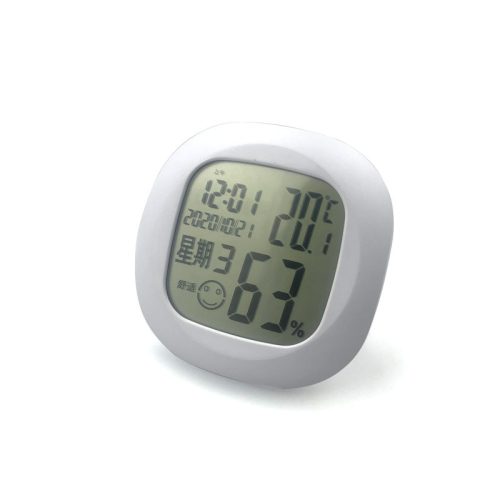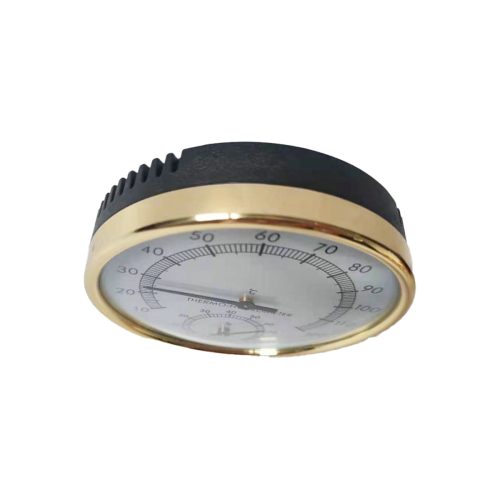Thermometers are indispensable tools in the field of medicine, playing a crucial role in diagnosing illnesses, monitoring patient health, and maintaining medical equipment. They are used to measure body temperature, a vital indicator of health. Here’s a breakdown of their role in medicine:
- Temperature Measurement:
- Clinical Thermometers: Traditional mercury, digital, infrared ear, forehead, and oral thermometers are commonly used to measure body temperature.
- Non-Contact Thermometers: Infrared thermometers, especially forehead or temporal artery thermometers, offer non-invasive temperature measurement, crucial in infection control and for use with infants, children, and patients in critical condition.
- Diagnosis and Monitoring:
- Body temperature variations are key indicators of illnesses such as fever, infections, and inflammatory conditions. Thermometers aid in diagnosing these conditions and monitoring the progression or resolution of illnesses.
- Medical Settings and Protocols:
- Hospitals, clinics, and healthcare facilities use thermometers as part of routine patient assessments, especially during triage, to identify potentially contagious individuals and take appropriate infection control measures.
- Pediatrics and Neonatal Care:
- Thermometers are vital tools in pediatric care due to the sensitivity of infants and children to temperature changes. Accurate temperature readings help in identifying and addressing health issues in young patients.
- Chronic Disease Management:
- Patients with chronic conditions, such as immunocompromised individuals or those with certain cardiovascular diseases, rely on temperature monitoring to detect early signs of complications.
- Medical Equipment Calibration:
- Thermometers are used for calibration and accuracy checks of various medical devices and equipment that depend on temperature control, such as incubators, refrigerators storing vaccines or medicines, and sterilization equipment.
- Telemedicine and Remote Patient Monitoring:
- Digital thermometers and temperature monitoring devices with connectivity features facilitate remote patient monitoring. Patients can measure and transmit their temperature readings to healthcare providers for assessment and guidance without needing to visit a clinic physically.
- Health and Wellness Management:
- Beyond clinical applications, thermometers are used in home healthcare for general health monitoring, especially during illnesses, to track body temperature and overall well-being.
Technological advancements have led to the development of innovative thermometer designs, including smart thermometers that sync with mobile apps, allowing users to track temperature trends and share data with healthcare professionals easily.
In summary, thermometers are essential medical instruments that aid in diagnosing illnesses, monitoring patient health, ensuring medical equipment accuracy, and facilitating remote healthcare, contributing significantly to the practice of medicine and patient care.


